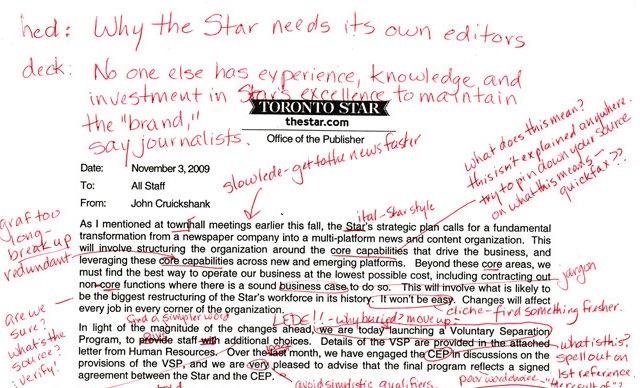Why do I write
You are an aspiring writer. The idea for this book grew in your mind. You know what to write, but still, don’t know how to write. Yellow legal pad and pencil (which number?), pen? Word processor? Google? Word? Scrivener? You start typing and discover new problems: how to correct? How to use the spell checker? Then, by an error, you find out how important it is to save your work. Your first draft is, well… your first draft. Then comes the second and the third. Your both index fingers are sore, and your wife tells you she can hear you typing from across the house. You get the picture. Finally, you think you’re done. Then you ask your wife to read it aloud, and the obvious boo-boos appear. It frustrates you that you didn’t pick them up after a multitude of readings.
You have a faithful companion, who makes sure that you don’t spend too much time on the internet.
Now you think your manuscript is ready. During trial and error education about writing in general, you learn it’s time for an editor. Then you also learn there are at least four types of editing. The differences are significant, and so are their fees. And skills, which you learn much later. But there are also apps for editing––you can find an app for everything. You explore several, from simple spell checkers to the ones helping you edit redundant words, too complex sentences, and passive language. Passive language as a no-no, and you learn about it early in your writing career. After you edit all the mechanical problems, you send your work to the developmental editor. He/she is the one to look at your story from well above ground level.
After several weeks and a hefty fee, you get their comments. First, you are genuinely elated and grateful that someone read your story. You look at the color of the paper. The manuscript sent away was black on white paper. In return, you see red all over. Then you look at the several pages of the memo detailing their thoughts. They start with the praise: voice, storytelling, dialogue. Then comes the real stuff: point of view, inconsistencies, redundancy, passive language. There is an exculpatory note: don’t get intimidated by the sheer volume of red ink. It’s still your story, and you have the final word… Right. And keep on writing. And then you find out that even the best writers had the editors completely rearranging their works, to the point that they could be co-authors.
So you go back to work. Deepen the scenes, make the characters richer, get rid of passive language. Meanwhile, you work on the cover of your book––a story by itself.
Then you send the novel to the proofreader, specifying the Chicago Style Manual. Then you print it.
After a few weeks, five shiny copies of your work come in the mail. Author’s copies, advanced reader copies. You’ve heard about beta-readers, and you came up with ten names or so. There are not necessarily your friends, but necessarily not your family members. They gave you their names a few months ago, but only two are willing to read the book now. Happy for that, you send them a copy each. One of them gives back your book with a smirk. Inside, she marked all the typos and formatting problems; actually not too many considering the length of your project. But, you scream in your head, what about the plot? Characters? Transitions? Language? What about sweating for hours to find a proper word for the feelings you wanted to express? Never mind, you think, and gracefully thank for reading of your work.
After the work is done and published, you learn that part of a writer’s job is to be a salesman.
Then, one evening, at the end of a writing cycle, you sit down on the porch with a glass of chilled Orvieto Classico and wonder: why do I write? You realize that you don’t spend long hours in front of the computer expecting money and fame. You write because you have to. There are stories to tell and you hope your children will read them. And because it’s fun.
And writing certainly beats watching TV all the time.


